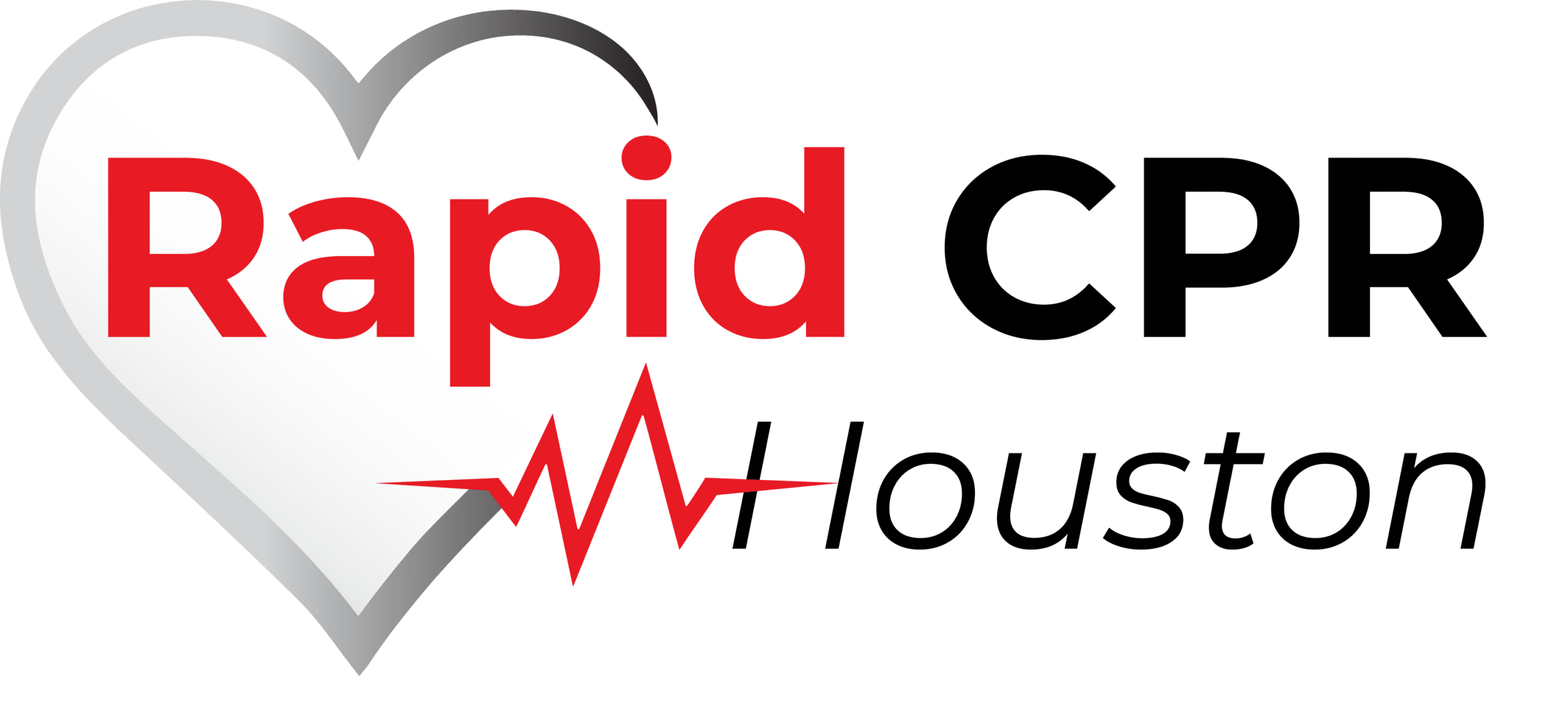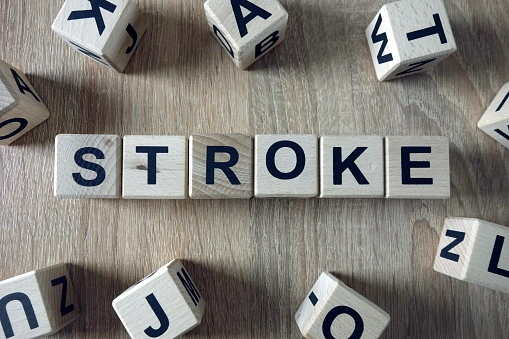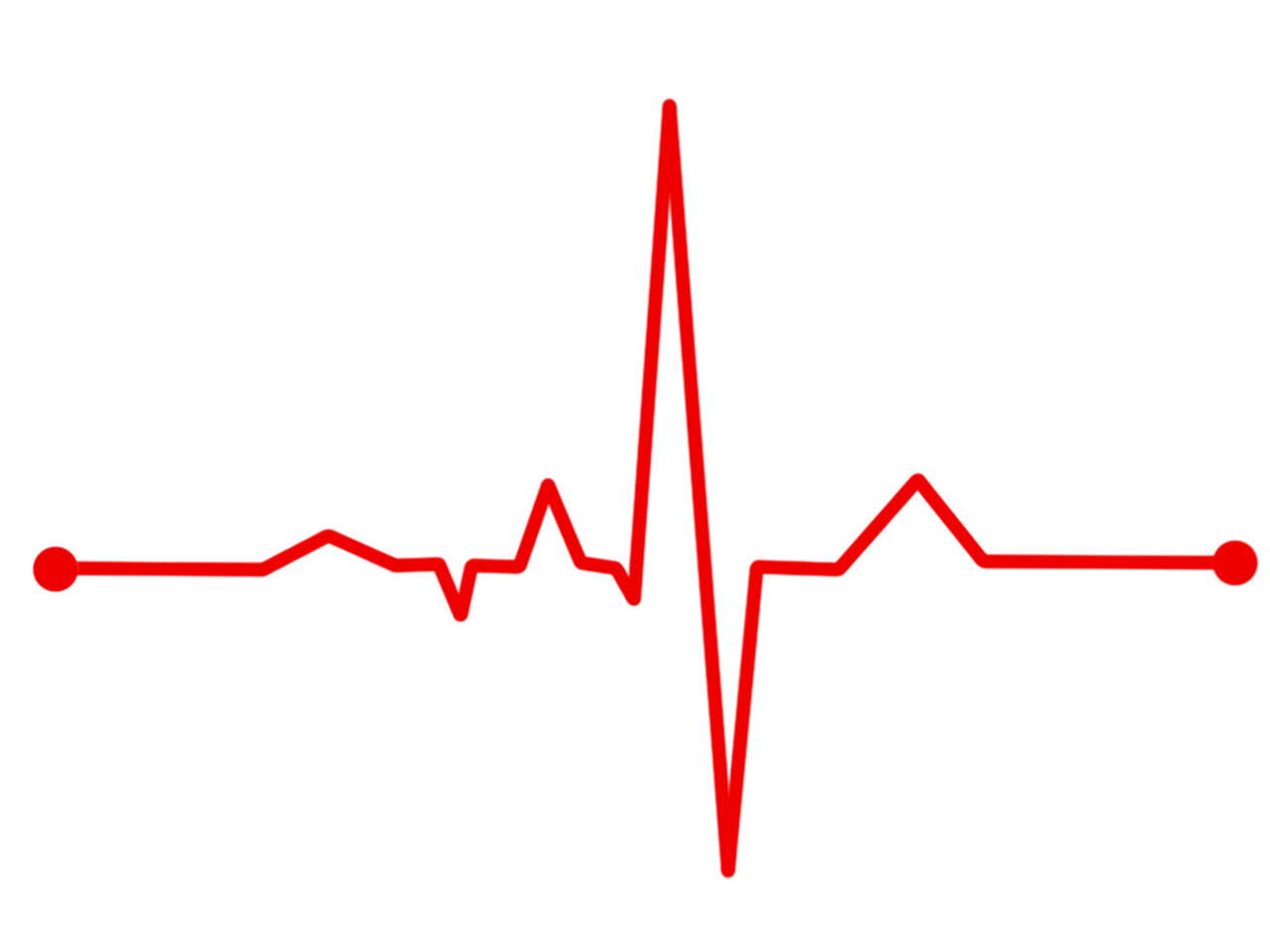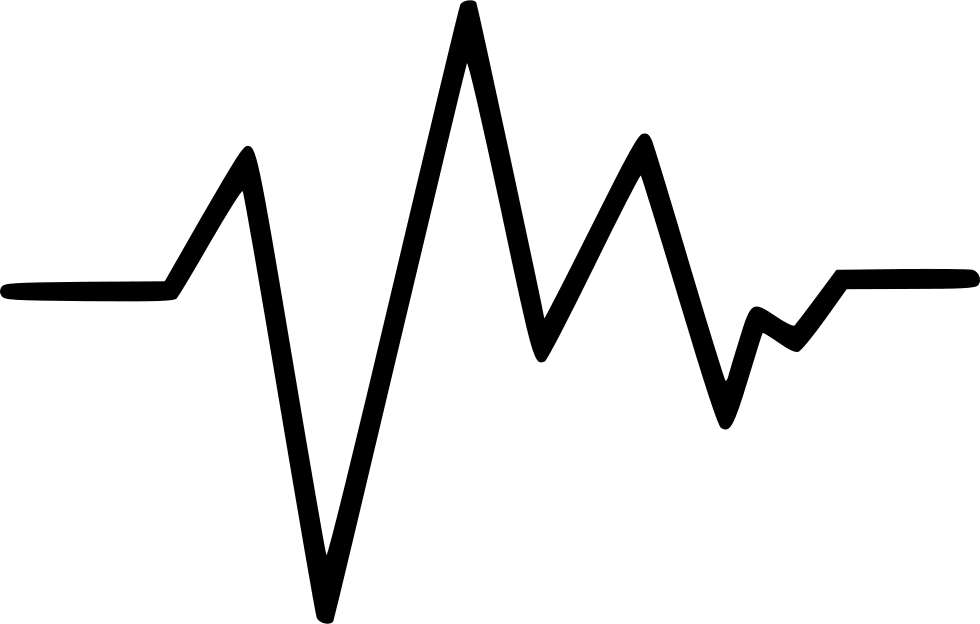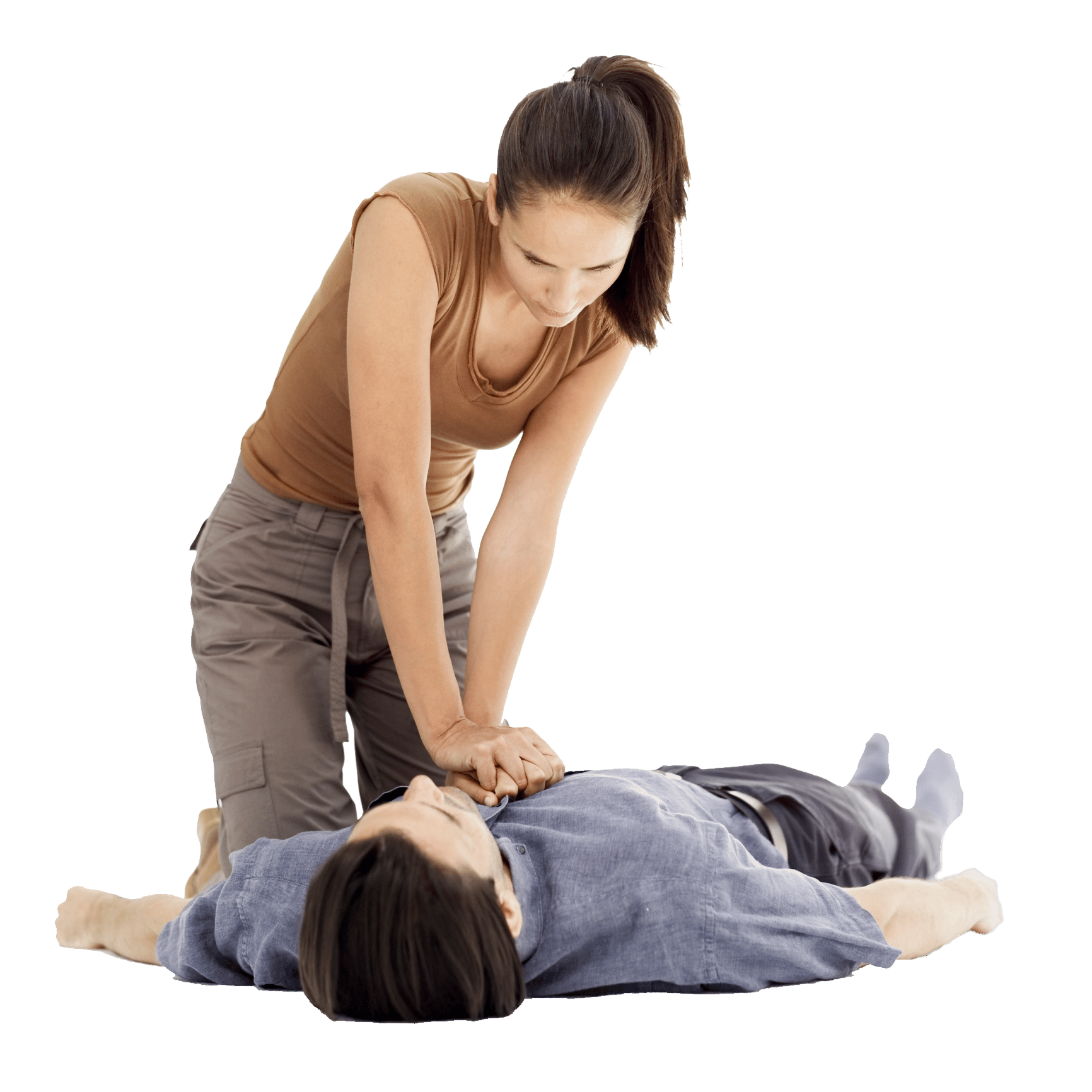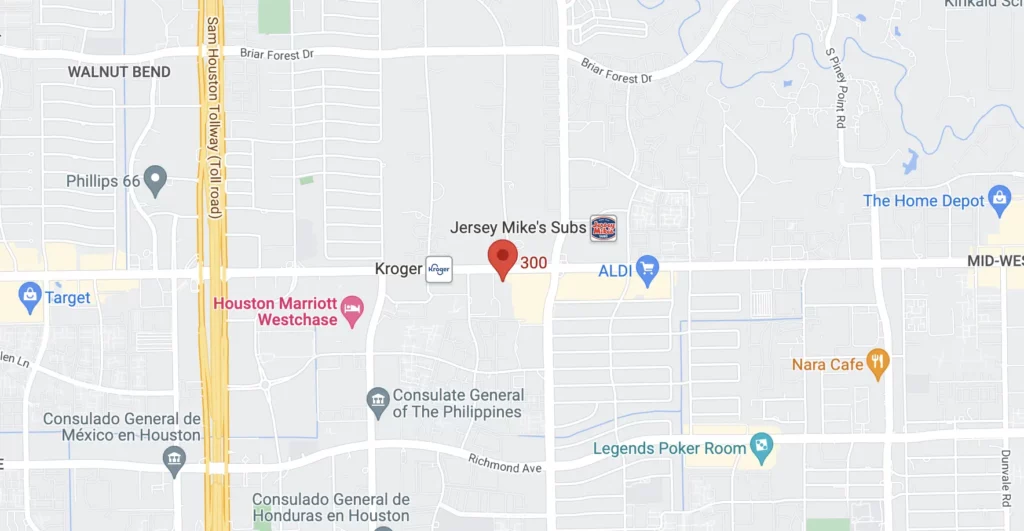Because anyone of any age can have a stroke at any time, everyone should be aware of the early warning signs of a stroke. A stroke occurs when the blood supply to the brain is cut off. Approximately 80% of strokes are caused by a blood clot or constricted or blocked arteries.
Stroke can also occur when the blood cells themselves are damaged. A lack of adequate blood supply to the brain means that it does not receive enough oxygen to function. When the supply is interrupted for an extended period of time, brain cells can die.
Plaque, which is primarily composed of cholesterol buildup, is the known cause of stroke. It has the ability to disrupt, reduce, or completely block blood flow through the carotid artery, which runs from the aorta through the neck to the brain. This obstruction causes blood clots, which eventually cause a stroke.
Transient Ischemic Attacks (T.I.A) Mini-Strokes and Major Strokes
The duration of the interruption determines the effect of a stroke. A T.I.A. (mini-stroke) occurs when blood vessels become temporarily blocked. When the blood supply returns, the symptoms go away, and there is no permanent damage to the brain.
A T.I.A, on the other hand, is a warning sign that a serious stroke is on the way. As a result, treating a mini-stroke seriously and seeking medical attention even if the symptoms go away is critical. Four out of every ten people who have T.I.A will go on to have a major stroke.
A major stroke causes severe symptoms that can result in long-term brain cell damage and even death if help is not sought immediately. The sooner one seeks medical attention, the better the chances of a successful recovery.
How to Spot Early Warning Signs of Stroke
Use the FAST check to look out for stroke warning signs.
. F – A Face droop when trying to break into a smile.
. A – Raise both arms. Note if there is an arm drift downward to signify arm weakness.
. S – Speech difficulty. Note if their speech is slurred when asked to repeat a simple phrase.
. T – When you notice all of the above, make a note of when the symptoms began and call 911 right away. When dealing with a stroke, every minute counts. Early intervention reduces the likelihood of brain damage and other complications such as disability and neurological disorders.
Stroke Symptoms
Beyond F. A. S. T., the symptoms of stroke include;
- Numbness or paralysis of one arm, leg, or face. This typically affects only one side of the body.
- Trouble speaking.
- A sudden severe headache accompanied by dizziness, vomiting, or altered consciousness.
- Problems seeing with both or one eye, or you may start seeing double.
- Trouble walking You may notice a feeling of dizziness as you walk and a loss of coordination and balance.
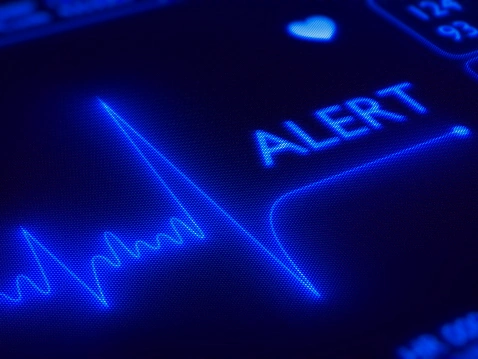
What to Do After Recognizing Early Warning Signs of Stroke
Though signs of stroke appear suddenly, it does not mean you will not have the time to act. Some of the symptoms might appear days or hours before the stroke. However, once you recognize the signs that a stroke is imminent, call for emergency medical services right away and tell the medical staff that you suspect a stroke.
Stroke Treatments
Treatment for a stroke is determined by the type of stroke, the part of the brain affected, and the severity of the symptoms. The priority is usually to restore the brain’s blood supply. Medicine can be used to dissolve the blood clot, and in some cases, surgery may be required to lower blood pressure and prevent further clot formation. After the immediate threat has been addressed, additional treatment may be required to prevent another stroke from occurring.
Who is at Risk?
Though anyone can have a stroke, some people are more predisposed to it than others. It is critical to be aware of all warning signs if you are one of those who are at higher risk. If they do; they are more likely to have a stroke.
- Smoke or are constantly exposed to secondhand smoke.
- Are overweight.
- Have high cholesterol and high blood pressure
- Have cardiovascular diseases such as heart defects, infections, irregular heartbeat rhythms, or atrial fibrillation conditions.
- Binge drink.
- Use illegal drugs such as methamphetamine and cocaine.
- Physical inactivity.
- Have Obstructive sleep apnea.
- Have diabetes.
To lower one’s risk of stroke, one should;
- Eat a balanced diet that is especially low in saturated fats.
- Get regular exercise.
- Live a healthy lifestyle free of heavy drinking and smoking.
- Maintain a normal weight.
- Take prescribed blood thinning and statin medications as directed.
Other factors linked to a higher stroke risk include:
- Race and ethnicity – Hispanics and African Americans have a higher stroke risk than other ethnicities and races.
- Age – People 55 and above have a higher stroke risk than younger people.
- Sex – Men have a higher stroke risk as compared to women. Women are usually more advanced in age when they have a stroke and are more likely to die of a stroke than men.
- Hormones – Hormone therapies like estrogen and birth control increase risk.
To determine your stroke risk, consult a doctor or schedule a health screening. Knowing your cholesterol level, blood pressure, and other health factors can help you determine whether you have a blocked artery or are at risk of developing a blood clot.
Always be prepared by:
- Learning the early signs of stroke.
- Wear an identification or medical bracelet that lists any medical conditions you may have, including allergies to any medications you are on.
- Teach your children how to use the FAST test to check for early warning symptoms, call 911, and describe their address and what has happened.
Rapid CPR Houston is a Houston, Texas-based company that provides quick and convenient CPR classes. Our well-trained instructors are American Heart Association certified and have over 30 years of combined CPR/BLS teaching experience. Our mission is to provide proper First Aid and CPR/AED education and certification to people from all walks of life, with the goal of eventually saving someone’s life from a heart attack or stroke.
For more information on the early warning signs of stroke, you can visit us at 9801 Westheimer Suite 300, Houston, TX 77042. You can also call us at 832-789-4675 or email us at info@rapidcprhoustontx.com.
